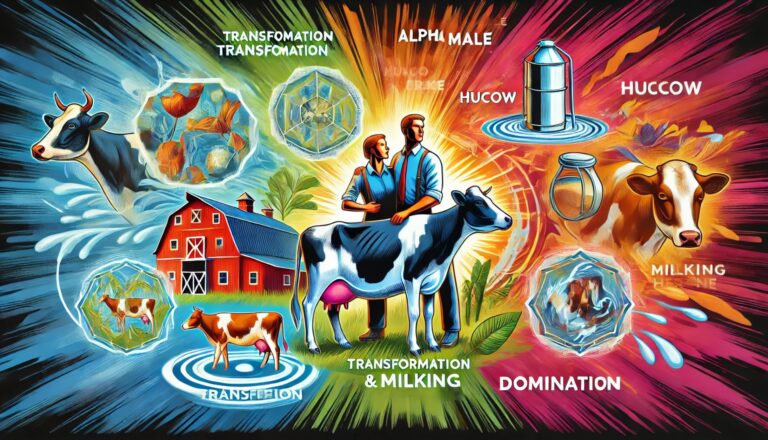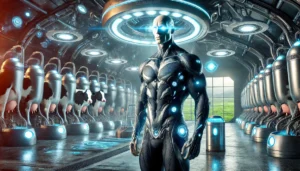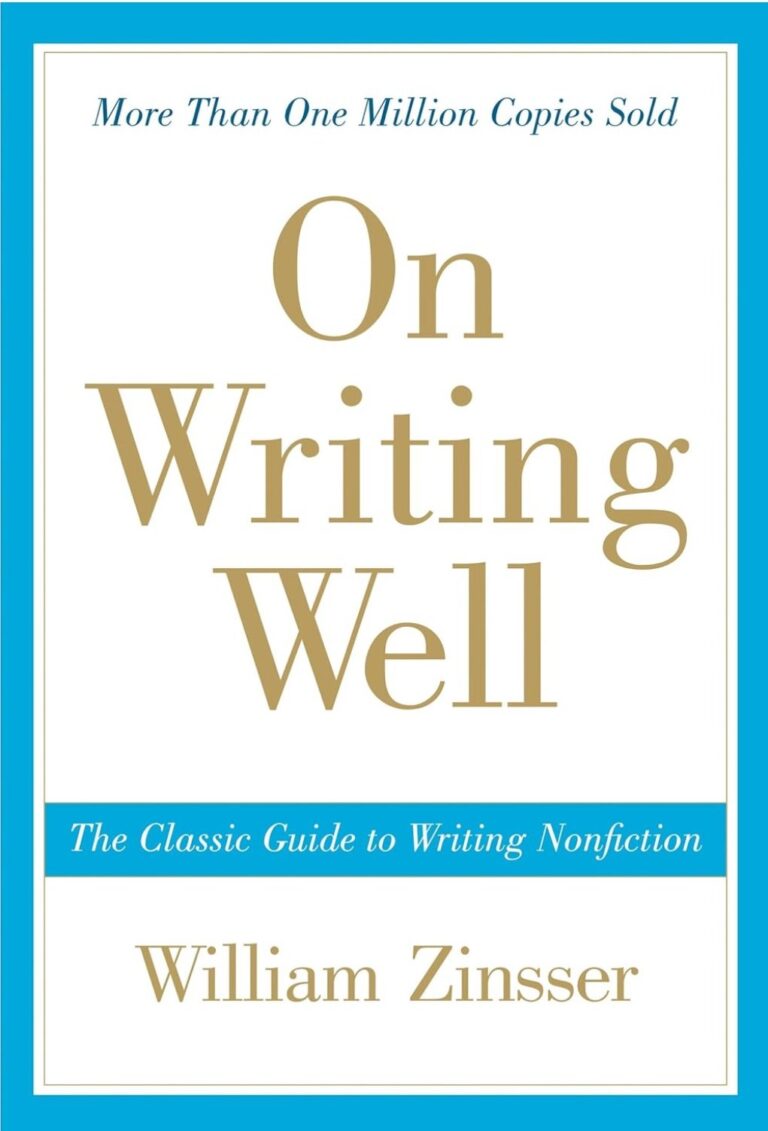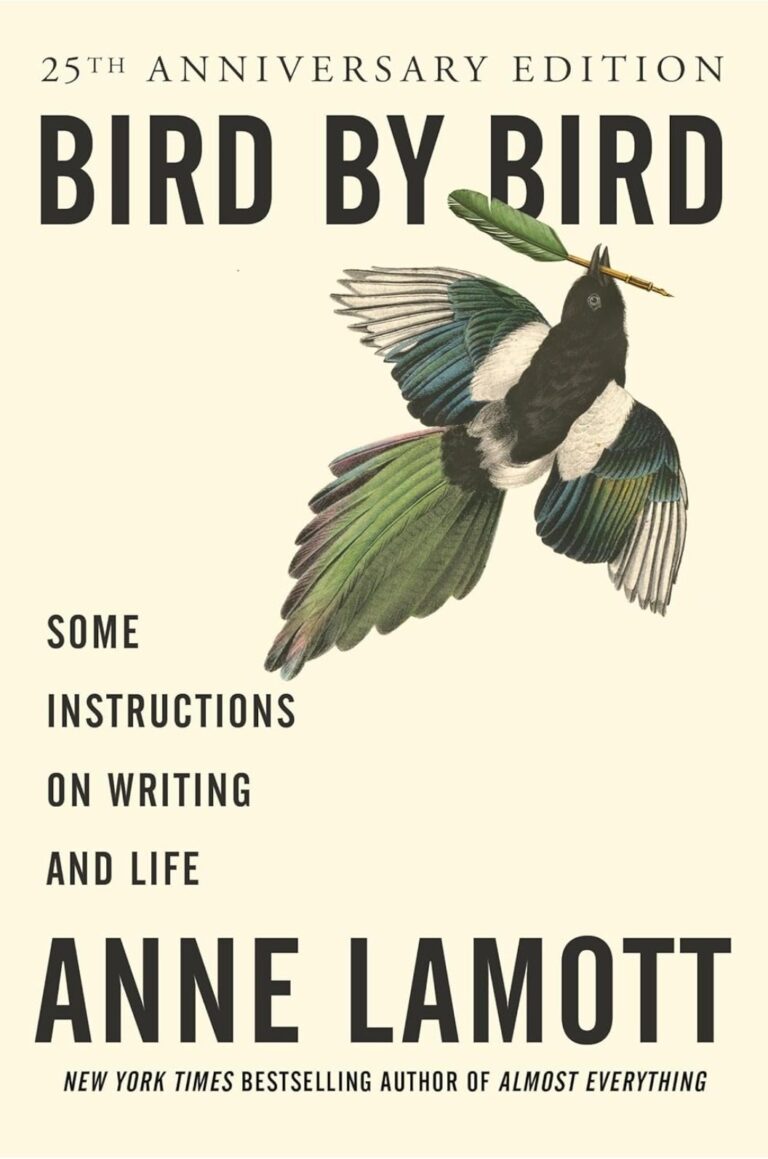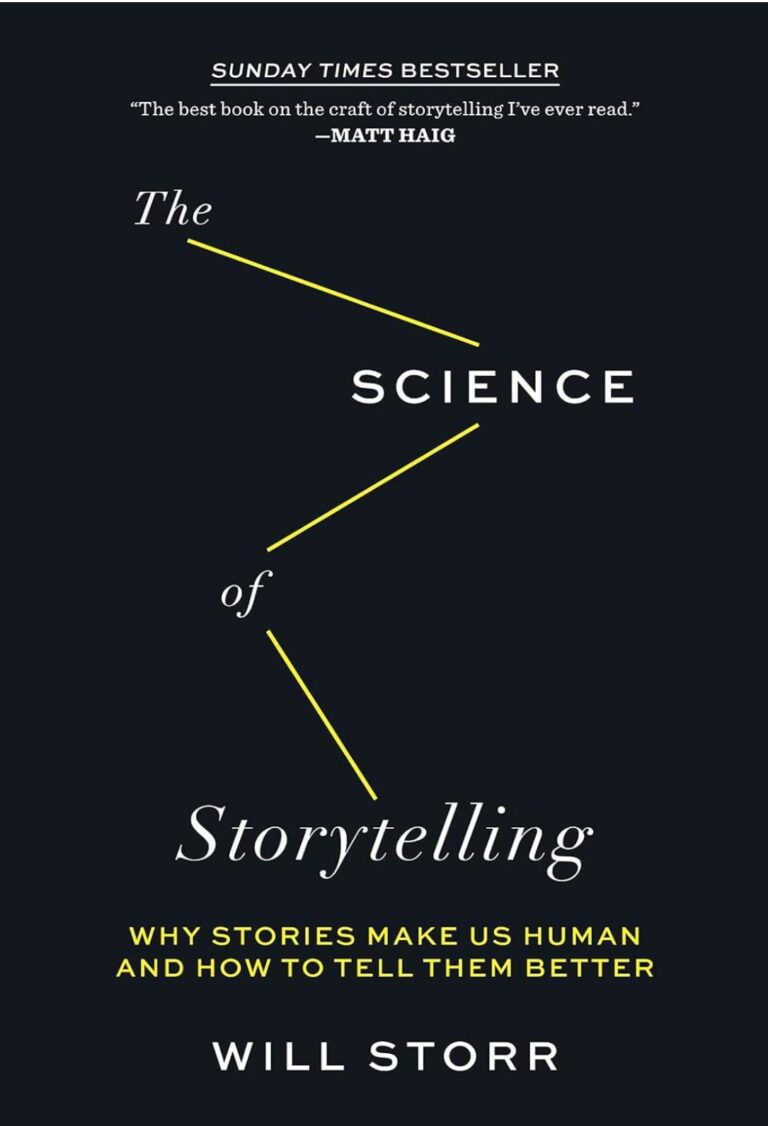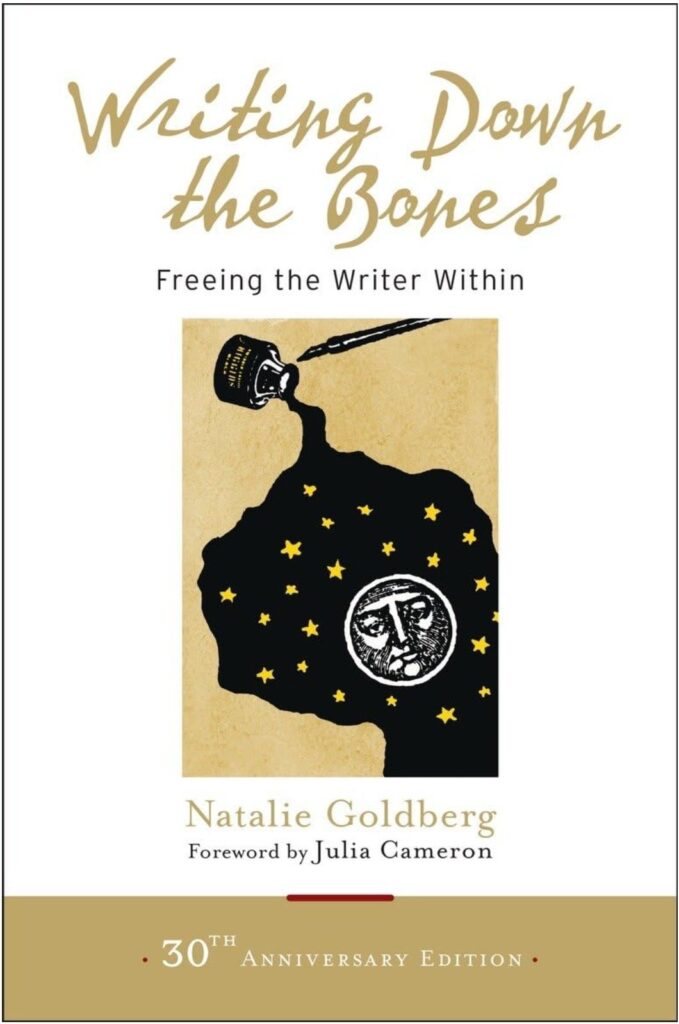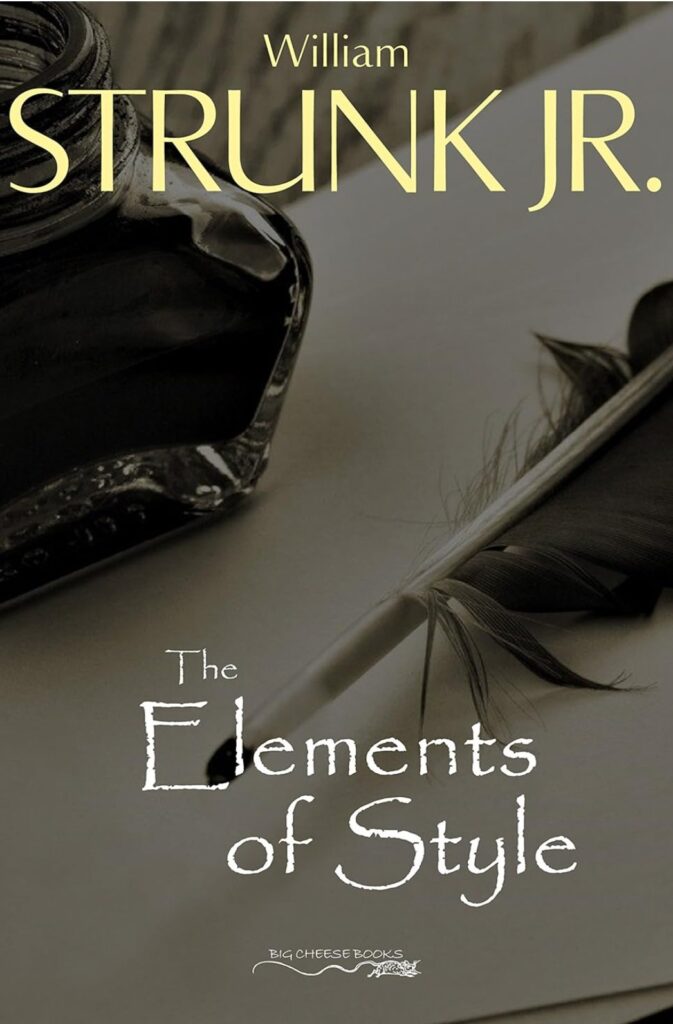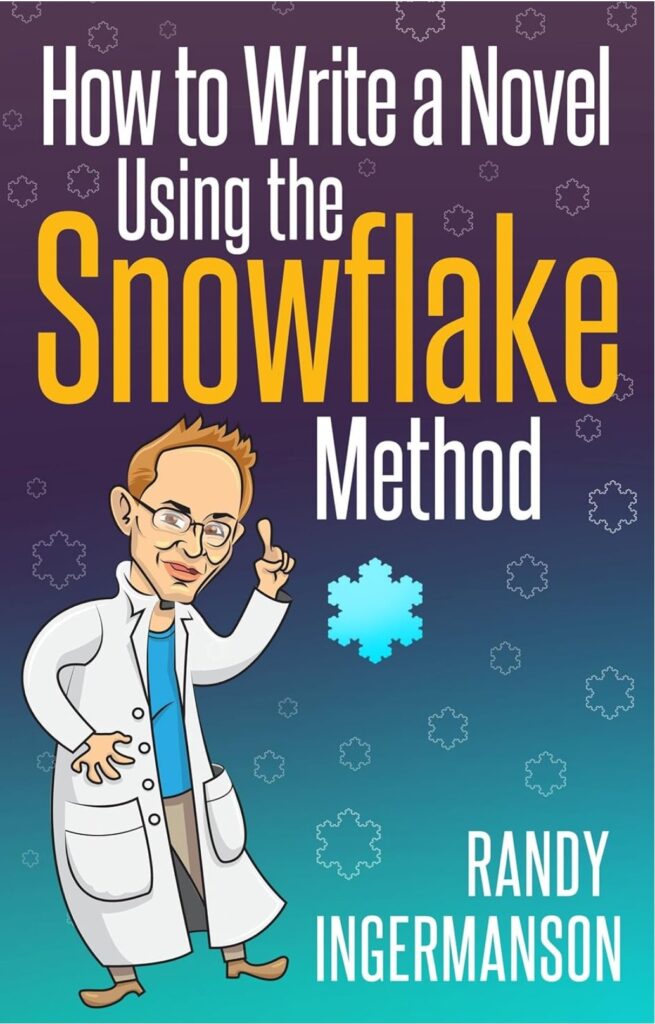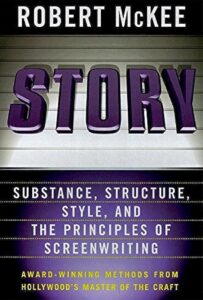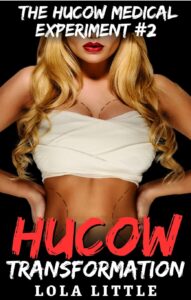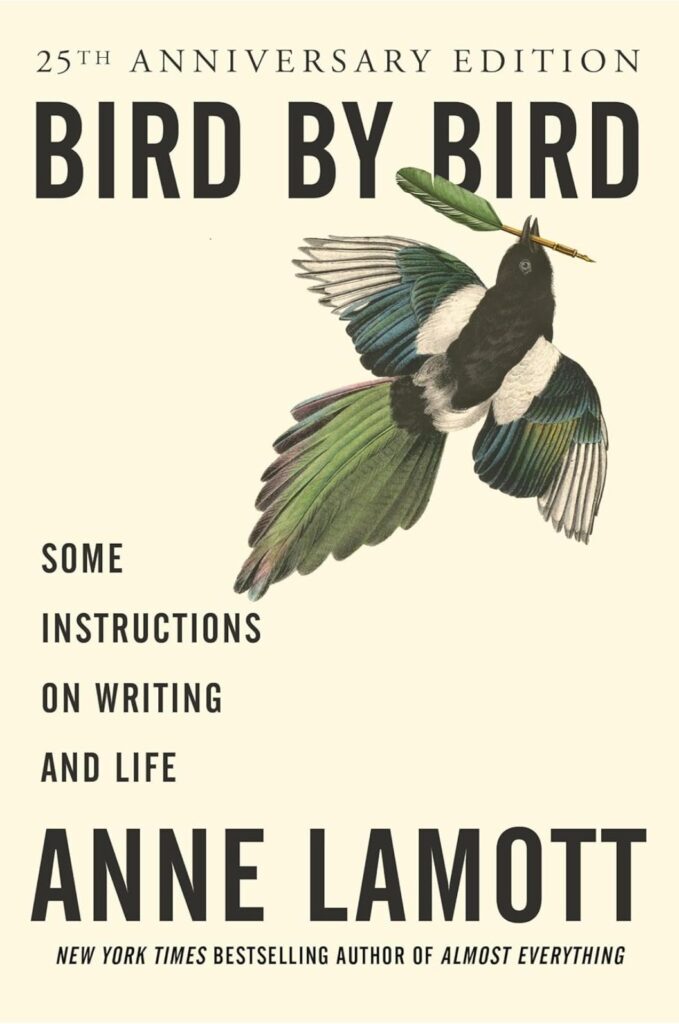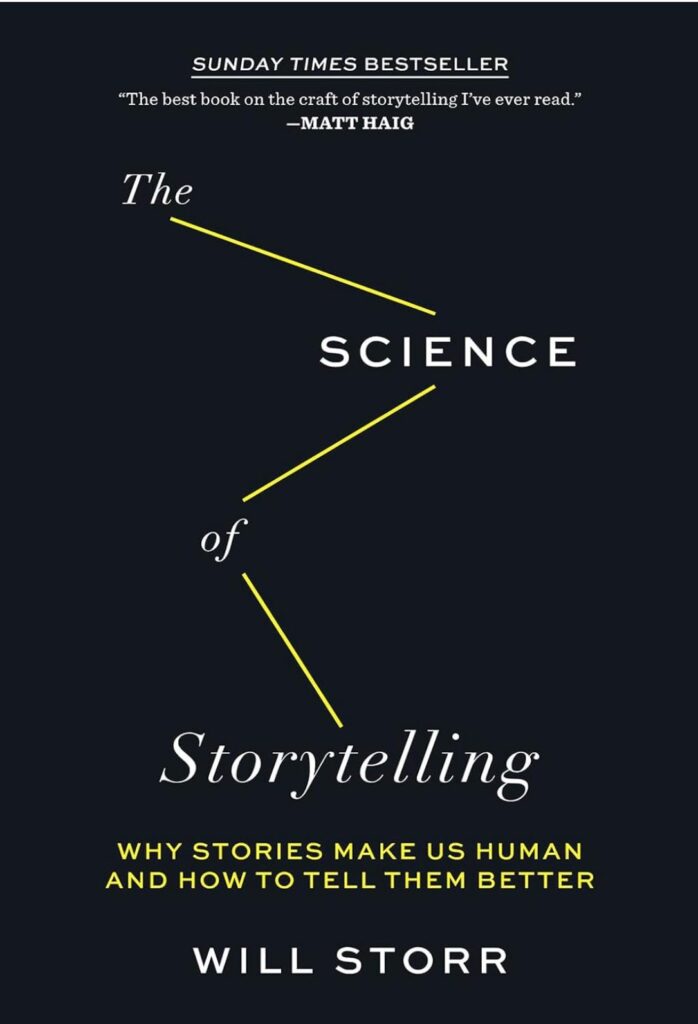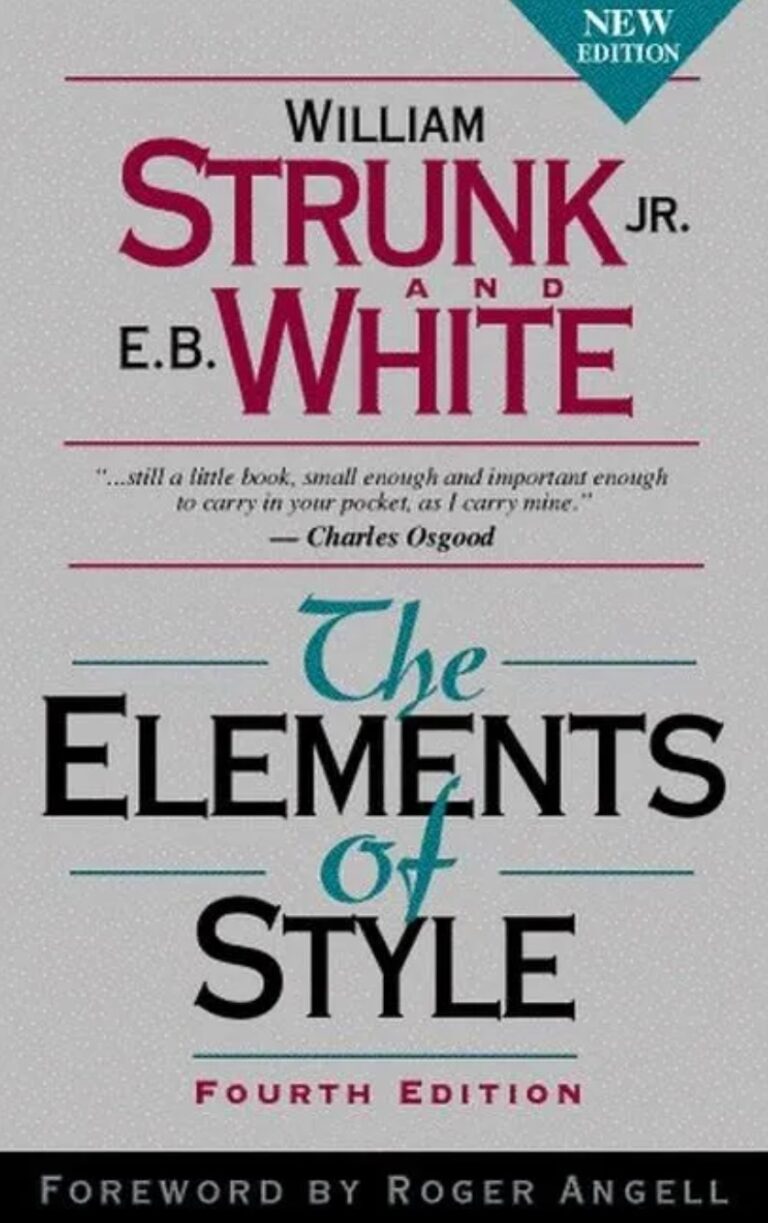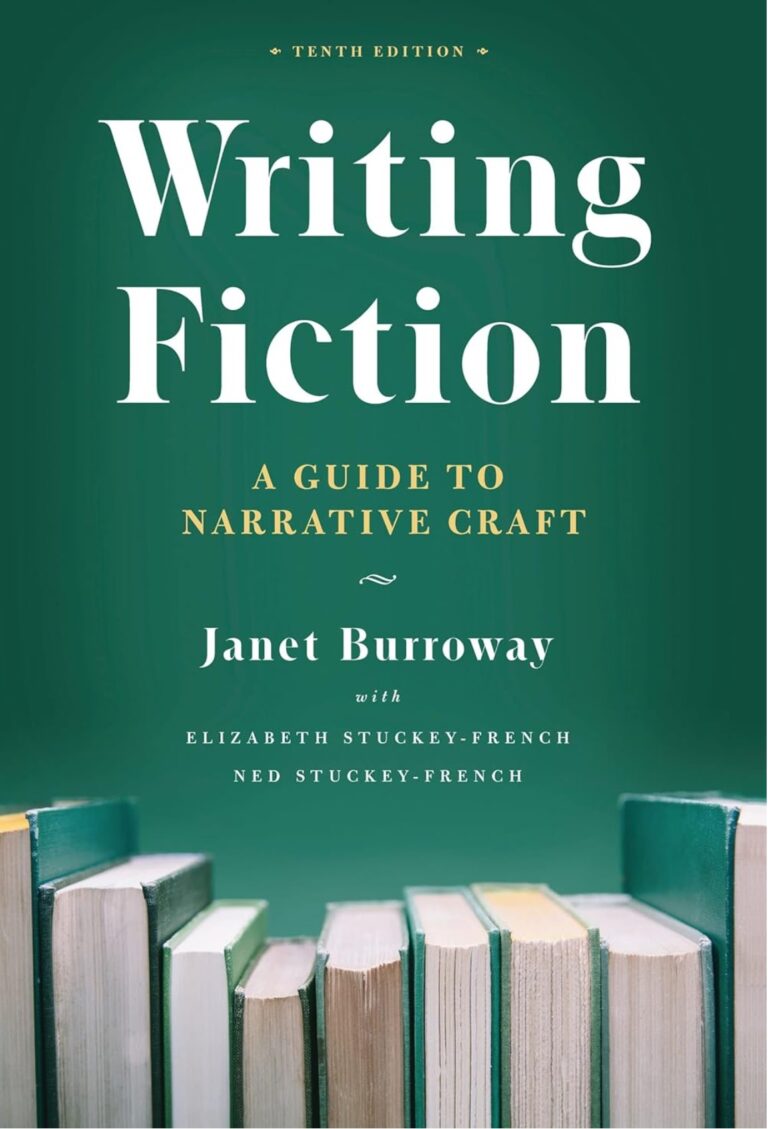As a fellow Hucow story writer, I know one thing for certain—our readers love the familiar and comforting rhythms of common phrases and tropes that make the Hucow genre what it is. Whether it’s the transformation of our heroines or the power dynamics between alpha males and Hucows, there are some key phrases and themes that keep readers hooked.
In today’s post, I’m going to dive into those tropes and phrases that resonate most with our audience. These elements not only ground your stories in the genre but also make the experience more immersive for your readers. Let’s explore how we can use these common phrases and tropes to enhance your Hucow stories.
Table of Contents
ToggleWhy Readers Crave Familiar Phrases and Tropes
In the world of Hucow stories, readers come with expectations. They want to see specific elements—whether it’s the transformation of a heroine into a Hucow, or the dynamic between her and the alpha male who dominates and protects her. Familiarity isn’t just comforting; it also makes the story feel complete, especially when you deliver it with fresh, compelling dialogue.
In my own stories, I’ve noticed that certain phrases and concepts evoke a powerful response from readers. It’s not just about what happens in the story; it’s about how you describe it. And let’s face it—phrases that hint at control, submission, and acceptance are what readers live for in this genre.
Phrases That Highlight Transformation
One of the most iconic tropes in Hucow stories is the heroine’s transformation. Whether it’s physical, emotional, or both, readers love to witness this shift in their favorite characters. Transformation is all about surrendering to something greater—whether it’s the heroine accepting her new body or embracing the alpha’s dominance.
Physical Transformation
In Hucow stories, physical transformation is often tied to the heroine’s new role as a Hucow. Common phrases in this trope reflect the physical changes she undergoes, highlighting sensations and bodily shifts that readers have come to expect.
Examples:
- “I can feel it happening… my body changing, preparing for him.”
- “The fullness, the heaviness—it’s like nothing I’ve ever felt before.”
- “I’ve become what I was always meant to be.”
These phrases tap into the transformation that’s so central to Hucow fiction, making the experience tangible for readers.
Emotional Transformation
Beyond the physical changes, there’s also the emotional arc that accompanies the heroine’s acceptance of her new life. This transformation is just as important, and the phrases you use here should reflect the emotional journey from resistance to acceptance.
Examples:
- “I fought it at first, but now… now I don’t want it to stop.”
- “I thought I could resist, but this is who I am now.”
- “I wasn’t just changing on the outside—I could feel my mind shifting too.”
Power Dynamics: Submission and Dominance
Power dynamics are at the heart of Hucow stories. Whether it’s the alpha male asserting control or the heroine struggling to balance her resistance with her growing desires, the push and pull between submission and dominance is a core element of the genre.
The Alpha Male’s Commanding Dialogue
Readers expect a certain type of dialogue from the alpha male in Hucow stories. He’s in control, and that control is often communicated through phrases that reflect his dominance. His words are both commanding and, at times, reassuring, reinforcing the idea that while he’s in charge, the heroine’s safety and well-being are his top priority.
Examples:
- “You’re mine now, and I take care of what’s mine.”
- “You don’t need to fight anymore. I’ve got you.”
- “You’re not just mine to protect, you’re mine to enjoy.”
These phrases tap into the fantasy of being claimed and protected, which is a recurring desire among readers.
The Heroine’s Submissive Dialogue
On the flip side, the heroine’s dialogue often reflects her journey into submission. She might start out resistant, but as the story progresses, her words show a shift as she surrenders to the alpha male’s control. The way she expresses this transition is crucial to making the power dynamics engaging.
Examples:
- “I don’t know if I’m ready… but I want to be.”
- “I’ll do whatever you ask, just don’t leave me.”
- “I thought I could resist you, but now… I don’t want to.”
The emotional shift in her dialogue mirrors her internal transformation and gives readers the satisfaction of seeing her give in to her desires.
Milking and Breeding Tropes:
Milking and breeding are often central to Hucow stories, and the language surrounding these themes needs to strike the right balance between the practical and the sensual. Readers enjoy the physicality of these experiences, but they also crave the emotional connection that comes with them.
Milking Phrases
The act of milking is an iconic element in Hucow fiction. It’s a physical experience, but it can also be tied to the heroine’s growing acceptance of her new role. The language here should reflect both the sensuality and the comfort that comes with being milked.
Examples:
- “I’m so full, I can barely think. I need relief.”
- “The pressure is unbearable… I need to be milked.”
- “When you touch me, it’s like everything else fades away.”
Milking in Hucow stories is as much about relief as it is about pleasure, so use phrases that convey both physical sensation and emotional satisfaction.
Breeding Phrases
Breeding is another key theme in many Hucow stories, and the language used here should reflect the primal, instinctual nature of this act. There’s often a sense of inevitability tied to breeding—the heroine might resist, but deep down, she knows it’s what she’s meant for.
Examples:
- “I can feel it—every part of me is ready for you.”
- “I was made for this… for you.”
- “Take me. I’m ready to be yours, in every way.”
Breeding is about surrender and inevitability, so these phrases should communicate both the heroine’s acceptance and the alpha male’s dominance.
Readers’ Favorite Tropes and How to Keep Them Fresh
While it’s true that readers of Hucow stories come to the genre with certain expectations, it’s still important to keep things fresh. Familiarity doesn’t mean predictable, and you can use common phrases and tropes in new ways to keep your stories engaging.
Reinventing Common Tropes
Even the most beloved tropes, like transformation or power dynamics, can be given a fresh spin. Maybe your heroine’s transformation happens gradually instead of all at once. Or perhaps the alpha male struggles with his dominance, making him more vulnerable than expected. These small tweaks can give new life to familiar stories.
Keeping Dialogue Dynamic
When writing common phrases, try to avoid clichés. While certain lines are expected, you can keep them dynamic by varying the context in which they’re used. For example, instead of having the alpha male always deliver his lines in a commanding tone, experiment with making him softer in moments of vulnerability.
Some More Tropes
The Reluctant Hucow
In this trope, the heroine is initially resistant to her transformation or new life as a Hucow. She may feel fear, confusion, or even anger at the changes happening to her body and mind. The story revolves around her gradual acceptance, often guided by the alpha male. This trope allows for a slow burn in terms of both physical and emotional development.
Why readers love it: It creates tension and anticipation, making the heroine’s eventual acceptance all the more satisfying.
The Protective Alpha Male
The alpha male in Hucow stories is often more than just a dominant figure—he’s also the heroine’s protector. He’s strong and in control, but he also has a soft side that only the heroine gets to see. His role is not just to dominate, but to ensure that the heroine is cared for and safe, which makes the power dynamic feel balanced and adds emotional depth.
Why readers love it: It combines strength with vulnerability, creating a complex alpha male that readers can both admire and fall for.
The Breeding Obsession
Many Hucow stories feature a strong focus on breeding. The alpha male may be driven by a primal instinct to breed the heroine, and she, in turn, may feel an overwhelming desire to fulfill that role. This trope often plays into themes of inevitability and purpose, with the heroine realizing that her body is meant for breeding, and the alpha male asserting his claim over her.
Why readers love it: It taps into deep, primal desires and adds an intense layer of physical and emotional connection between the characters.
The Power of Milking
Milking is a central theme in most Hucow stories, and it’s not just about the physical act—it’s about the emotional release and connection that comes with it. Whether the heroine is initially resistant or eagerly anticipates the act, milking becomes a key part of her journey toward acceptance. It’s both a practical need and a sensual experience that bonds her to the alpha male.
Why readers love it: It blends practicality with intimacy, creating a uniquely Hucow experience that feels both necessary and pleasurable.
Herd Mentality
In some Hucow stories, the heroine isn’t alone in her transformation—she’s part of a larger “herd” of Hucows. This trope often explores themes of community, hierarchy, and camaraderie. The heroine may find comfort in being surrounded by others who understand her journey, or she may struggle to find her place within the group, adding a new layer of conflict.
Why readers love it: It expands the world of the Hucow story, introducing new characters and dynamics, and providing the heroine with a support system (or rivals) that enriches the narrative.
The Alpha’s Struggle
While the alpha male is typically portrayed as dominant and in control, this trope focuses on his internal conflict. He may struggle with his need to dominate the heroine, torn between his desire to control her and his feelings of love or tenderness. This can lead to moments of vulnerability where the alpha male shows a softer side, making him more relatable and deepening the emotional connection between him and the heroine.
Why readers love it: It adds complexity to the alpha male, making him more than just a domineering figure and giving the story emotional depth.
The Willing Hucow
In contrast to the reluctant Hucow, this trope features a heroine who is eager and ready to embrace her new role. She may have longed for this transformation, or she may immediately recognize her attraction to the alpha male. The story then focuses on her journey as she explores the physical and emotional aspects of her new life, often delving into themes of desire, pleasure, and purpose.
Why readers love it: It cuts to the chase, offering readers a heroine who is fully onboard with her transformation, allowing for quicker pacing and an emphasis on physical and emotional exploration.
The Alpha’s Claim
In this trope, the alpha male asserts his dominance by claiming the heroine as his own. This can be through physical acts like marking, milking, or breeding, or through emotional declarations. The heroine may struggle with this claim at first, but the trope often revolves around her eventual acceptance of her role as the alpha’s chosen partner.
Why readers love it: It plays into fantasies of possession and protection, with the alpha male taking full control while still caring deeply for the heroine.
The Mysterious Transformation
Sometimes, the heroine’s transformation into a Hucow isn’t fully explained at first. She may wake up one day to find her body changing, or the transformation may happen gradually without her understanding why. This trope adds an element of mystery and suspense to the story, as the heroine seeks to understand what’s happening to her and why.
Why readers love it: It adds a layer of intrigue to the story, making the transformation feel more magical or otherworldly, and keeping readers hooked as they try to uncover the truth.
The Forbidden Desire
In this trope, the heroine feels conflicted about her attraction to the alpha male, either because of societal expectations, her own fears, or some external force. This internal struggle adds tension to the story, as the heroine battles her desire while slowly realizing that it’s impossible to resist. This trope can be paired with themes of transformation, milking, or breeding, making the heroine’s eventual acceptance even more satisfying.
Why readers love it: It creates delicious tension and anticipation, as readers eagerly await the moment when the heroine gives in to her desires.
The Heroine’s Awakening
The heroine may begin her journey unaware of her desires or her role as a Hucow, but over time, she experiences an awakening. This could be a sexual awakening, as she discovers pleasure in her transformation, or an emotional awakening, as she learns to trust the alpha male and accept her new life. The story often focuses on her internal growth as much as the external transformation.
Why readers love it: It’s a deeply satisfying arc to see the heroine come into her own, embracing both her new body and her new role, and finding happiness in her transformation.
The Healing Power of the Alpha
In this trope, the heroine may come to the alpha male with emotional or physical wounds—perhaps from her past life, or from the transformation process itself. The alpha male, while dominant, helps to heal her through his care, protection, and attention. His dominance becomes a form of love, helping her to overcome her fears and find peace in her new life.
Why readers love it: It creates a strong emotional connection between the characters, showing that dominance can be paired with love and tenderness.
By incorporating these additional tropes, you can add variety and depth to your Hucow stories, ensuring that they remain fresh, engaging, and emotionally rich for your readers. These tropes provide the structure, but how you play with them is where the magic happens!
Conclusion
Embracing What Readers Love
At the end of the day, writing Hucow stories is about delivering on the tropes and phrases that readers love while keeping the story fresh and engaging. By leaning into transformation, power dynamics, milking, and breeding, you can create stories that resonate deeply with your audience.
Remember, it’s not just about what happens in the story—it’s about how you tell it. So, don’t shy away from the familiar phrases that define the genre. Embrace them, put your own spin on them, and watch as your readers fall in love with your stories, page after page.
Here are several unique references used for the post above. I hope you find them useful.
The Essential Elements of Romance Tropes by Reedsy
This article covers a variety of popular romance tropes, including how they create emotional engagement and satisfaction for readers.Exploring Power Dynamics in Erotic Fiction by Writer’s Digest
This post dives into writing erotic fiction and explores how to handle power dynamics, a central theme in many Hucow stories.How to Create a World Around Fetish Fiction by The Book Designer
This article focuses on creating immersive worlds in niche and fetish fiction, including how to build believable settings that enhance story elements.

